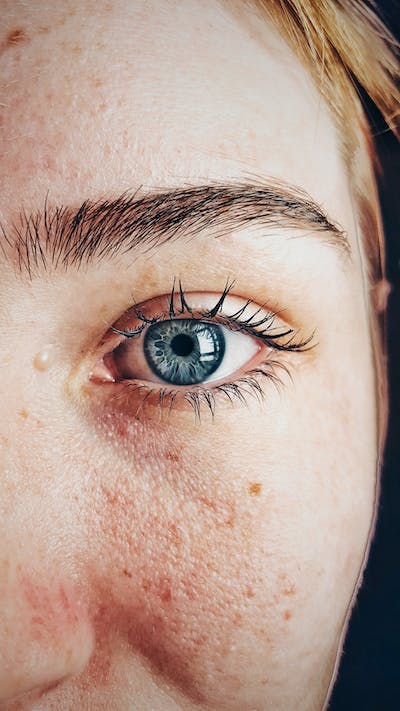What is an Eye Refraction Exam?
by siteadmin

Refraction exams are an essential component of a comprehensive eye exam, helping doctors establish prescriptions for eyeglasses or contact lenses as well as detect diseases which don't manifest symptoms until later stages.
Eye doctors begin the refraction exam by measuring how light bends as it passes through your pupil and lens of each eye, which allows them to identify refractive errors such as nearsightedness, farsightedness or astigmatism.
What is a refraction test?
Refraction is an essential element of eye exams that provides your optometrist or ophthalmologist with information regarding what prescription you need for glasses, contacts lenses or both. Also referred to as vision testing.
Your doctor will use equipment resembling a large mask with holes for your eyes to assess your refractive error. They will shine specialized lights into each eye, then ask you to read an eye chart from a standard 20-foot distance while moving different lenses before your eyes to observe how each affects vision and ask whether letters on the chart appear clearer or less clear than expected.
Refraction testing measures how light enters and strikes your retina at the back of the eyeball, and measures how effectively cornea and lens focus the light onto retina. This test informs your optometrist or Ophthalmologist as to which lens prescription will allow for 20/20 vision.
How is a refraction test done?
Refraction tests are performed as part of an eye exam, and should be scheduled at least every two years to detect health conditions such as presbyopia, macular degeneration and glaucoma. They also help determine how much vision correction you require; according to NerdWallet most people should receive one at least every two years.
Refraction testing typically doesn't cause discomfort and usually isn't too expensive; during it, your doctor will use an eyewear device called a phoropter that resembles a mask with lenses attached that you will look through to view a chart with letters that get smaller from top to bottom. Your eyesight specialist will adjust lenses until the letters appear clear to you; this gives them an accurate estimation of your lens power requirement in a prescription for glasses or contacts – this procedure is straightforward and often inexpensive.
What are the results of a refraction test?
Refraction tests provide your eye doctor with the results to provide you with a prescription for eyeglasses or contact lenses, while also alerting them of any eye diseases or conditions which might exist but have yet to manifest physically.
Refraction tests involve looking through a device called a phoropter with lenses of differing strengths. You will then be instructed to read a series of letters or symbols on a wall chart through each lens before telling your eye doctor which lens provides more clarity.
Most vision insurance plans provide for refraction tests; however, Medicare and other medical plans don't. If your Medicare or other medical insurer states that refraction tests aren't covered, CMS (Centers for Medicare and Medicaid Services) has decided they aren't essential in keeping your eyes healthy.
What are the risks of not having a refraction test?
Refractor tests every one or two years help eye doctors track vision changes that occur regularly, and determine the necessary prescription for each patient.
Eye doctors use a tool called a phoroptor to perform the refraction portion of an exam. This large machine resembles a mask with numerous dials and switches; patients sit in front of it while looking through different combinations of lenses to assess how clear they are before their doctor writes down the prescription necessary to achieve 20/20 vision.
People living with diabetes should undergo annual refraction tests to detect diabetic retinopathy and glaucoma, both related to too much pressure accumulating in the eye. With regular tests, eye doctors can detect these problems early on and save patients' vision from permanent loss by early intervention.
https://www.nuvisioncenters.com/
Refraction exams are an essential component of a comprehensive eye exam, helping doctors establish prescriptions for eyeglasses or contact lenses as well as detect diseases which don't manifest symptoms until later stages. Eye doctors begin the refraction exam by measuring how light bends as it passes through your pupil and lens of each eye, which…
Recent Posts
- Southwest Patio Elevates Outdoor Living with Exceptional Pergolas and Four Seasons Patio Covers in Phoenix, Arizona
- Expert Cleaners Lexington Shares Essential Tips for Properly Cleaning Hardwood Floors
- Exploring the Drawbacks of Duct Cleaning: Insights from Air Vent Cleaning Charlotte
- Exploring the Drawbacks of Duct Cleaning: Insights from Air Vent Cleaning Charlotte
- Clearing the Dust: Duct Cleaning Louisville KY Shares Tips to Make Your Home Less Dusty
